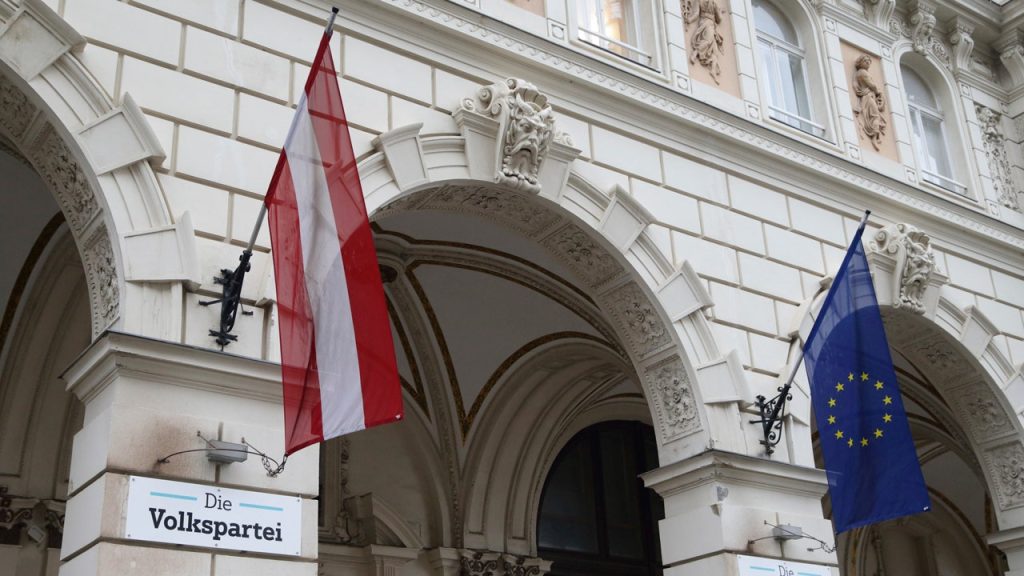Austrian President Alexander Van der Bellen announced on Sunday that he would meet with far-right politician Herbert Kickl amid speculation that he may ask him to form a government. This comes after Chancellor Karl Nehammer announced his intention to resign following the collapse of coalition talks between his conservative Austrian People’s Party and the center-left Social Democrats over the budget. While Nehammer has ruled out working with Kickl, others within his party are less opposed to the idea. The People’s Party nominated its general secretary, Christian Stocker, as interim leader, but Nehammer will remain chancellor for now. Van der Bellen stated that voices within the People’s Party against working with the Freedom Party have become quieter, potentially opening a new path for government formation.
Herbert Kickl’s Freedom Party topped the polls in the autumn’s national election with 29.2% of the vote, but Van der Bellen tasked Nehammer with forming a new government as no other party was willing to work with Kickl. This decision caused criticism from the Freedom Party and its supporters, with Kickl stating that it was “not right and not logical” that he did not receive a mandate to form a government. Stocker, the interim leader of the People’s Party, supported the decision for Van der Bellen to meet with Kickl and expects that the leader of the winning party should be tasked with forming a government. In the past, Stocker has criticized Kickl, calling him a “security risk” for the country. The Freedom Party’s election program includes calls for remigration of uninvited foreigners, tighter control of borders, suspending the right to asylum, and a shift towards a more homogeneous nation.
The Freedom Party also advocates for ending sanctions against Russia, criticizes Western military aid to Ukraine, and opposes the European Sky Shield Initiative, a missile defense project launched by Germany. The party previously signed a friendship agreement with Putin’s United Russia Party in 2016, which is now claimed to have expired. Kickl has been critical of European Union elites and called for some powers to be transferred from the EU back to Austria. Austria faced political turmoil after the liberal party Neos backed out of coalition talks, leaving the People’s Party and the Social Democrats to form a government with only a one-seat majority in Parliament. The two parties attempted to reach an agreement on Saturday but failed as negotiations on repairing the budget deficit could not be resolved.
Van der Bellen’s decision to meet with Kickl marks a potential shift in government formation in Austria, as tensions between political parties continue. The outcome of this meeting could have far-reaching implications for the country’s future political landscape. As various parties grapple with differences in policy priorities and approaches to governance, finding common ground may prove challenging. The Freedom Party’s stance on immigration, foreign relations, and EU governance raises questions about Austria’s role in Europe and the broader international community. The ongoing negotiations and discussions between parties will determine the next steps in forming a stable and effective government for Austria.














